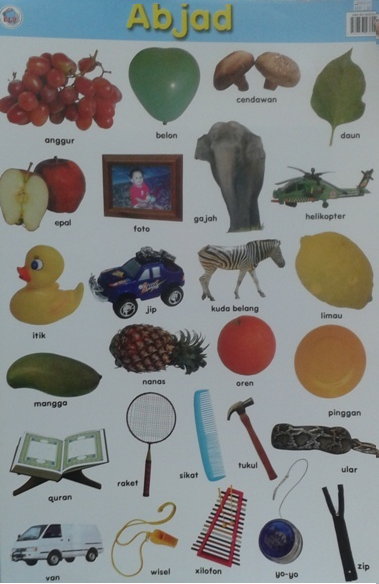My trip to Turkey was on a tour with about 40 people, too many for a single bus. So we split into two: one for Chinese people, with a Chinese-speaking guide, and one mostly for Malays, with an English-speaking guide. I chose the former.
It was interesting that although the two groups had the same itinerary, we focused on different things. For example, In Capadocia, we managed to go on a balloon ride which was just splendid.
But only three of the Malay group decided to go on it. In contrast, when we got to Istanbul, we were scheduled to spend one and a half hours in the Grand Bazar.
But after one hour, the Chinese group got bored and all gathered outside, asking if we could go and have an early dinner instead. In contrast, the Malay group asked if they could have an extra hour in the Grand Bazar.
It worked out well, that the Chinese group could spend more time seeing things while the Malay group got extra time shopping. And I am so pleased I was with the Chinese group, as I am allergic to shopping.

































